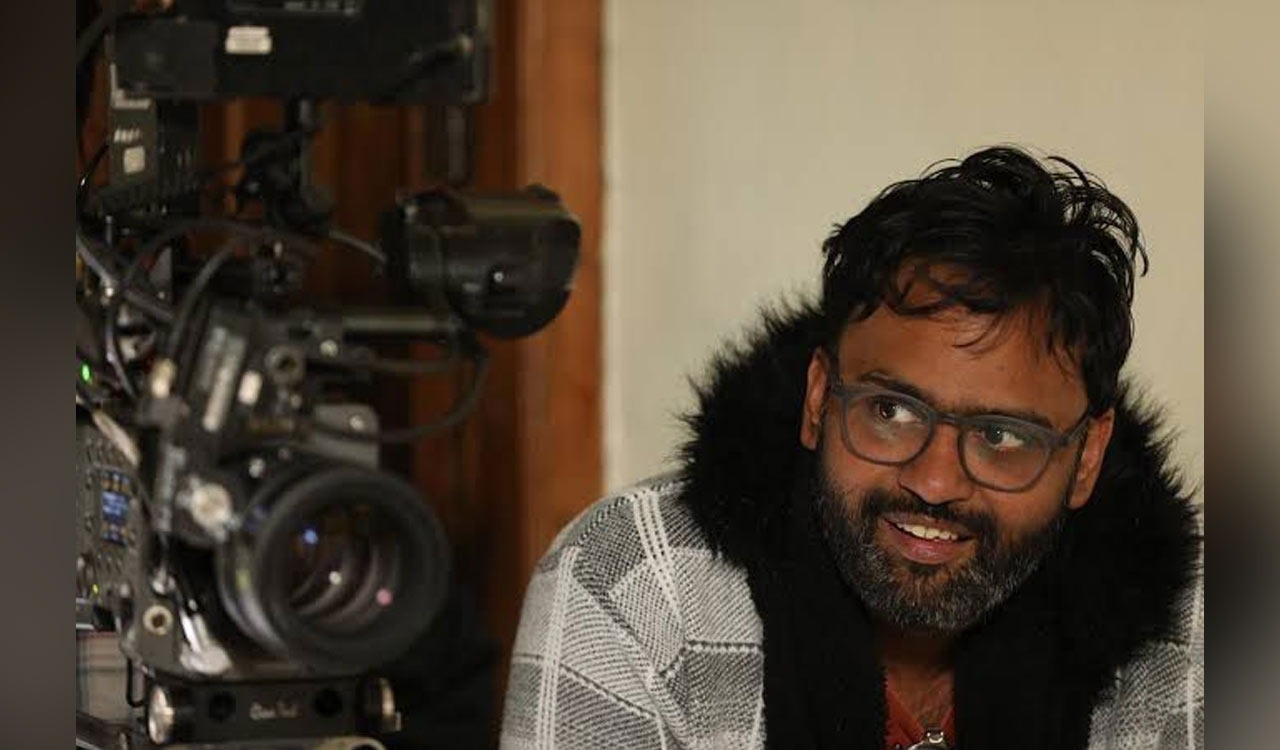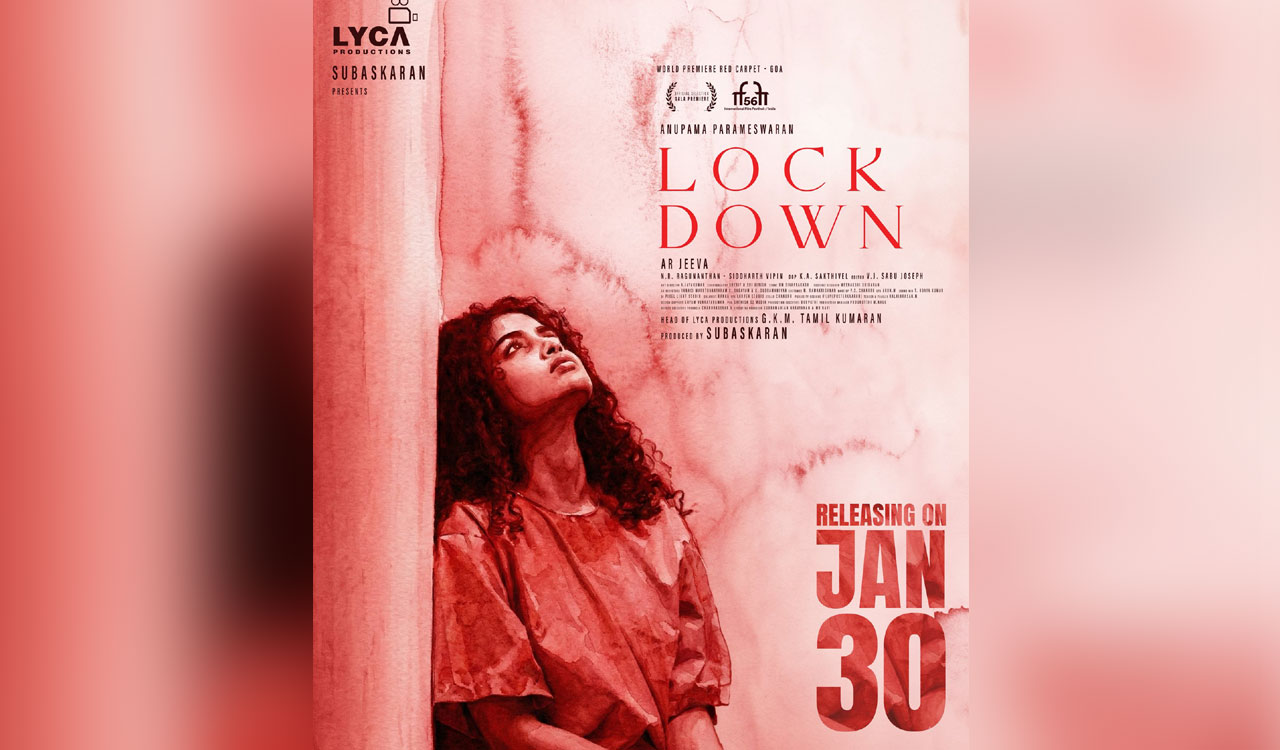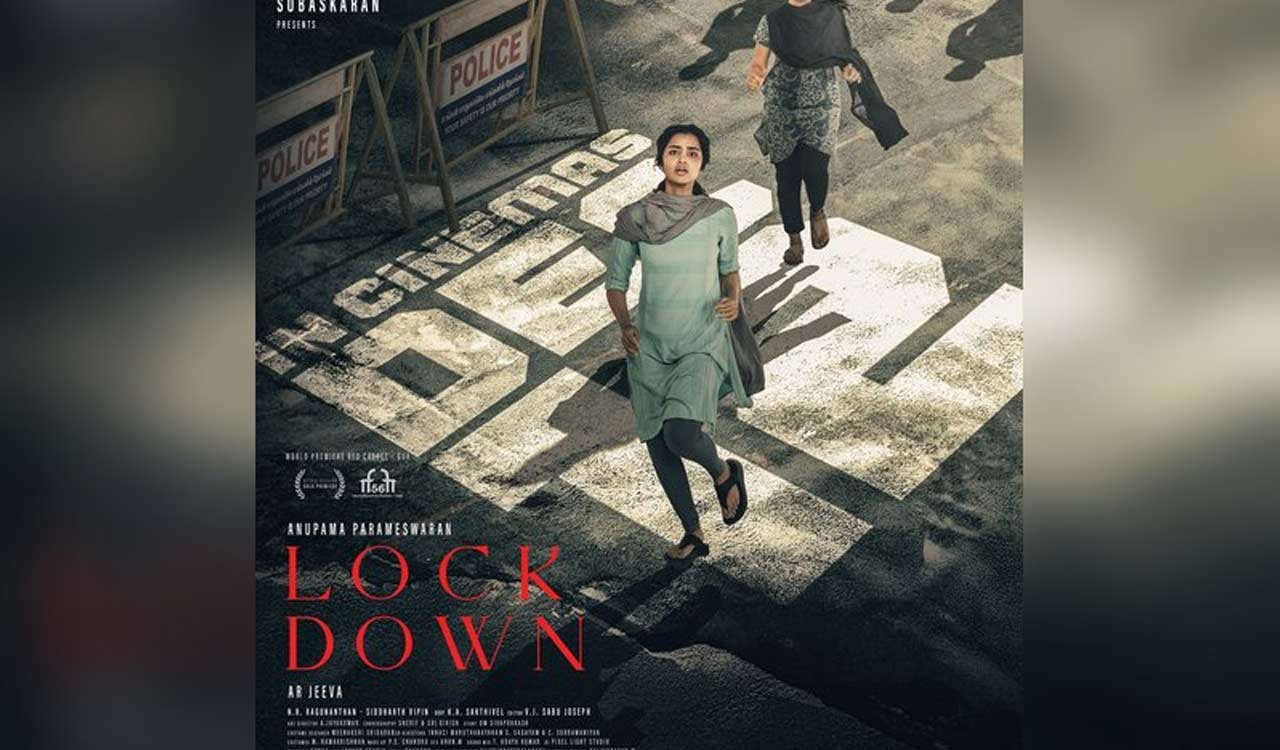Breaking the Paradha: Praveen Kandregula on beliefs, fear, and courage
Praveen Kandregula’s Paradha confronts blind faith and fear in a fictional village. Through Subbu’s struggle, the film questions tradition, power, and courage, metaphors, layered performances, and collaborative storytelling.

Hyderabad: Some stories arrive and are etched long after the lights fade. Director Praveen Kandregula’s Paradha is one such film, rooted in the fictional village of Padathi, yet speaking to a wider truth about blind faith, control, and courage. Known for bringing fresh ideas to Telugu cinema with Cinema Bandi and Shubham, Praveen once again takes a daring leap, this time into the world of superstitions.
In an exclusive conversation with Telangana Today, he opens up about how the story was born, why superstition continues to thrive in both rural and urban spaces, and how cinema can hold up a mirror to society without preaching.
On the seed of Paradha
“I always wanted to explore blind beliefs,” Praveen says. “We follow things just because our parents or grandparents told us, without asking why. From small things like ‘today is a good day to start work’ to extreme cases where life is taken in the name of faith, superstitions grow without logic. Even educated people are not free from it; remember the Burari case in Delhi? That’s what pushed me to tell this story.”
The film begins with a puppet show, a metaphor Praveen carefully planted. “What we see and hear may not always be fact. That’s why I chose to frame the whole story as something happening inside a Paradha.”
The power of fear
Central to the narrative is the goddess Jwalamma. “Nobody would follow a rule if you simply said, ‘wear a Paradha,’” he explains. “But once fear is created through a symbol or an anecdote, people obey. I even linked a bird story told by Rajendra Prasad garu to Jwalamma; when one bird dies, others are locked in cages for protection. That’s how women in the village are controlled.”
Casting choices and collaboration
Anupama Parameswaran plays Subbu, the obedient yet questioning young woman, while Darshana Rajendran and Sangeetha Krish bring in layers as Ami and Rathnamma. “Anupama was perfect for Subbu. Darshana, being from outside Telugu cinema, gave us an ‘outsider’s gaze,’ she observes and comments on the culture like the audience. Sangeetha is always relatable as a homely figure, and I needed that warmth for Rathnamma.”
Praveen adds that he had long, candid discussions with all three actresses: Anupama, Darshana, and Sangeetha. “Being a man telling a story about women, I had to listen. We debated, discussed, and collaborated. That honesty shaped the characters you see on screen.”
He also points to Rag Mayur’s role as Rajesh, Subbu’s love interest. “Rajesh believes in the system but for him it’s not about faith, it’s his ego. After the railway station scene, it becomes personal. I wanted to show how male pride sometimes hides behind the mask of tradition.”
On pacing and storytelling
Some viewers felt the film slowed down midway. Praveen doesn’t shy away from it. “We trimmed as much as possible, the second half is only an hour. But to break superstition on screen, dialogues had to do the work. Freedom and faith have a thin line, and we couldn’t rush through it.”
Music, metaphors, and mood
With Ghibran and Gopi Sundar composing, and Vanamali penning the lyrics, music became another character. “The climax would never have reached that height without their effort. They gave their cent percent.”
Even Padathi, the fictional village, was designed as a character. “I wanted it to feel like someone who respects women on the surface, but cages them with rules. That’s the paradox of many traditions.”
Real-life spark behind Subbu
For Subbu’s innocence and trapped spirit, Praveen drew inspiration from an unlikely place, the famous 1994 National Geographic cover of the green-eyed Afghan girl photographed without her consent. “That image stayed with me. It showed how a woman’s face, caught in a moment, can hold pain, beauty, and resistance all at once. Subbu’s journey was partly born from that thought of a woman forced into someone else’s story.”
Looking ahead
For someone who moved from the gentle humor of Shubham to the layered intensity of Paradha, his next step may surprise. “I want to do something extremely violent and gory. I don’t like being stuck to one genre,” he says.
Whether it’s superstition, satire, or shock, one thing is clear: Praveen Kandregula is here to keep breaking patterns; one story at a time.
Related News
-
Keralam: Kerala’s name change rooted in history and language
9 hours ago -
Shreyanka Patil says it was a difficult phase to miss competitive cricket
9 hours ago -
Senior Nationals 2026: Ajay Thakur calls it India’s biggest kabaddi stage
9 hours ago -
Sale of tickets for ICC Men’s T20 World Cup semifinals and final goes live
9 hours ago -
ICC Women’s T20 World Cup 2026 schedule confirmed
9 hours ago -
Kerala to be renamed Keralam: Union Cabinet
10 hours ago -
Sports briefs: Fine show by AMF para cyclists
10 hours ago -
Pundir century and Yawer 88 give Jammu & Kashmir edge over Karnataka in Ranji final
10 hours ago




